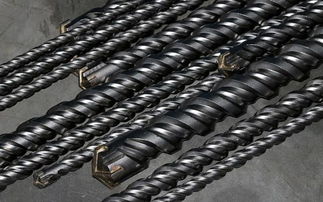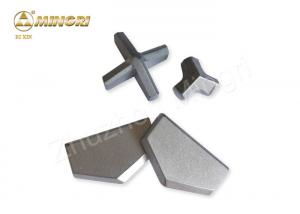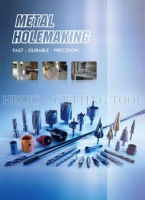
Masonry Drill Bits: A Comprehensive Guide for DIY Enthusiasts
When it comes to masonry work, having the right tools is crucial. One of the most essential tools in your arsenal is the masonry drill bit. These specialized bits are designed to cut through materials like brick, concrete, and stone with precision and ease. In this article, we will delve into the various aspects of masonry drill bits, including their types, features, and how to choose the right one for your project.
Types of Masonry Drill Bits

There are several types of masonry drill bits available on the market, each designed for specific applications. Here are some of the most common types:
| Type | Description |
|---|---|
| Core Bits | Used for creating clean, circular holes in masonry materials. They come in various sizes and are ideal for electrical installations and plumbing work. |
| Masonry Twist Bits | These bits are designed for general-purpose drilling in brick, block, and concrete. They have a spiral design that helps in chip removal and reduces friction. |
| Masonry Hole Saws | These bits are used for creating larger holes in masonry materials. They come with a diamond-tipped blade and are suitable for installing windows, doors, and other large fixtures. |
| Masonry Masonry Bits | These bits are designed for drilling holes in masonry materials with a masonry drill. They come in various sizes and are suitable for electrical installations and plumbing work. |
Features to Consider

When selecting a masonry drill bit, there are several features to consider to ensure you get the best performance and longevity:
- Material: Masonry drill bits are typically made from high-speed steel (HSS), carbide, or diamond. HSS bits are suitable for general-purpose drilling, while carbide and diamond bits are ideal for more demanding applications.
- Coating: Some masonry drill bits come with a coating, such as titanium or titanium nitride, which helps reduce friction and heat, extending the bit’s lifespan.
- Shank Type: Masonry drill bits come with different shank types, including straight shank, hex shank, and SDS-plus. Choose a shank type that is compatible with your drill.
- Flute Design: The flute design of a masonry drill bit affects chip removal and cooling. A well-designed flute helps in chip removal and reduces the risk of bit breakage.
How to Choose the Right Masonry Drill Bit

Choosing the right masonry drill bit depends on several factors, including the material you’re working with, the size of the hole you need, and your drill’s power. Here are some tips to help you make the right choice:
- Material: For soft materials like brick and concrete, a masonry twist bit or a masonry masonry bit with a carbide or diamond tip will work well. For harder materials like stone, a diamond-tipped masonry hole saw or a carbide-tipped masonry bit is recommended.
- Hole Size: Choose a drill bit that is slightly smaller than the diameter of the hole you need. This ensures a clean, precise cut and reduces the risk of bit breakage.
- Drill Power: If you’re working with hard materials or need to drill larger holes, choose a drill with higher power and torque. This ensures the bit can handle the increased resistance.
How to Use Masonry Drill Bits
Using masonry drill bits requires some precautions to ensure safety and optimal performance. Here are some tips:
- Drill at the Right Speed: Masonry drill bits should be used at a slower speed than regular drill bits. This helps prevent overheating and bit breakage.
- Use Cutting Fluid: Applying a cutting fluid, such as oil or water, helps in cooling the bit and reducing friction. This extends the bit’s lifespan and improves performance.



